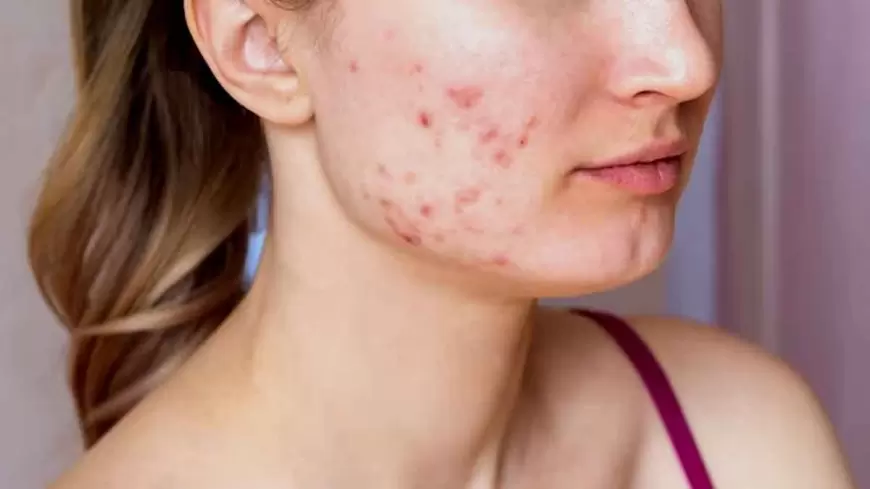Hormonal Acne: The Connection Between Hormones and Skin Health
Hormones play a vital role in skin health. Learn about the causes of hormonal acne and how to manage it effectively.

Hormones play a vital role in skin health, and hormonal acne is a common concern for many people. This article explains the connection between hormones and skin health, shedding light on the causes and management of hormonal acne.
The Hormonal Influence
Hormones are regulatory molecules that control a wide range of bodily functions, including skin health. Androgens, a class of male hormones present in both males and females, are particularly relevant to hormonal acne. Increased androgen levels stimulate the production of sebum, an oily substance that can clog pores and lead to acne.
1. Puberty and Adolescence
Puberty is a time of significant hormonal changes, which can affect skin health. During this period, androgen levels rise, causing sebaceous glands to become more active. The excessive sebum production, coupled with the shedding of dead skin cells, can create a breeding ground for acne-causing bacteria. As a result, hormonal acne is especially prevalent among adolescents.
2. Menstrual Cycle
The menstrual cycle's hormonal fluctuations can contribute to hormonal acne in women. During the luteal phase, which is the week before menstruation, progesterone levels rise. This can lead to increased sebum production and inflammation, which can trigger acne flare-ups.
3. Polycystic Ovary Syndrome (PCOS)
PCOS is a hormonal condition that can cause excess androgen production. This can lead to hormonal acne, as well as other skin problems like hirsutism and alopecia. Managing PCOS often involves a combination of treatments to address both the hormonal and dermatologic aspects of the condition.
4. Pregnancy
Pregnancy also brings about profound hormonal changes, which can impact skin health. Some women experience a pregnancy glow due to increased blood flow and hormonal changes, while others develop hormonal acne. Fluctuations in estrogen and progesterone levels can influence sebum production and skin cell turnover, sometimes leading to acne breakouts. However, treating hormonal acne during pregnancy requires caution, as certain acne medications may pose risks to the developing fetus.
5. Managing Hormonal Acne
Understanding the hormonal basis of acne is essential for effective management. Topical treatments containing ingredients like benzoyl peroxide, salicylic acid, or retinoids can help control acne by reducing inflammation and unclogging pores. Dermatologists may also recommend oral contraceptives for women to regulate hormonal fluctuations and mitigate acne.
In addition to medical treatments, lifestyle modifications can also play a pivotal role in managing hormonal acne. A balanced diet, regular exercise, stress management techniques, adequate sleep, and a consistent skincare routine can all help to improve skin health and reduce the severity of acne breakouts.
Conclusion
The intricate connection between hormones and skin health underscores the significance of understanding hormonal acne. By recognizing these connections and adopting a comprehensive approach to skincare and lifestyle, individuals can effectively manage and mitigate the impact of hormonal acne, fostering healthier and more confident skin.
What's Your Reaction?



























































